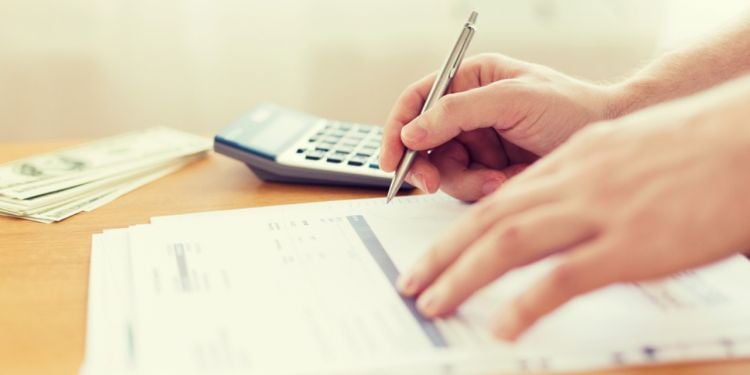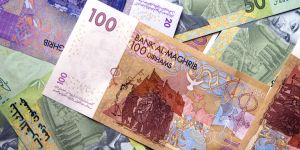
If you are going to work in Morocco or if you intend to start a business there, you should learn more about the tax system of the country. There are different types of taxes: direct taxes, value-added tax, and registration and stamp fees. You will be mainly concerned by income tax if you are employed in Morocco, and corporate income tax if you are starting a business in the country.
Income tax in Morocco
You will be taxable if you are physically present in Morocco and if you have a home there. You are required to pay income tax if you are an employee, if you have earned income, property gains, or agricultural income in Morocco. Note that salaries, allowances, emoluments and even pensions are considered as earned income. Thus, the tax is deducted directly at source by the employer and paid to the Treasury.
If you have retired and you are a current resident of Morocco, you will be entitled to an 80% reduction in the amount of tax when you transfer your money into a local bank account in dirhams. For this, you will have to produce a statement every year detailing your total income, a pension certificate, as well as a certificate stating the amount of currency received on your account.
Here is a general idea of the scale of calculating income tax:
Income (DM) Rate
Less than 30 000 0%
30,001 - 50,000 10%
50,001 - 60,000 20%
60,001 - 80,000 30%
80,001 - 180,000 34%
Over 180,001 38%
Good to know:
Your spouse and children under 25 are considered as your dependents if they do not have an annual income of more than 20,000 Moroccan dirhams. They are also considered as dependents if they are unable to meet their needs due to disability.
When a potential employer negotiates your salary, it's usually the net salary, but always ask.
Corporate tax in Morocco
If you have set up a business in Morocco, it will be subject to corporation tax applicable to income and profits of corporations, public institutions, and any person who engages in business activities in the country as well as partnerships. The corporate tax rate also differs depending on your business' net worth. However, there are also certain exonerations and investment incentives that apply to certain products and types of businesses. The rates are calculated as follows:
- Less than or equal to 300,000 MAD: 10 %
- From to 300,001 to 1,000,000 MAD : 17,5 %
- More than 1,000,000 MAD : 31 %
- Credit institutions: 37 %
Value-added tax in Morocco
The V.A.T in Morocco applies to a variety of products and businesses, either commercial, industrial, crafts and liberal activities. Its rate is usually set at 20%. Some consumer products are subject to a reduced rate of 7%. The hostelry business, in particular, is subject to a VAT of 10 %, which also applies to some food products and beverages. Other products are taxed at 14 %.
Good to know: the VAT is also applied to retailers' income when their turnover accomplished over the year exceeds 2,000,000 MAD. For more info, you may refer to this link.
Tax registration and payment in Morocco
When opening a business in Morocco, you are legally bound to register your business within 30 days at the General Tax Directorate within the CRI. After each trimester, you should report to the local General Tax Administration office and report your income. As of recently, you may also do it online.
For more info on this, check out our article on starting a business in Morocco.
Useful links:
Online Tax Payment
Summary of the tax system
Invest in Morocco
VTA factsheet
We do our best to provide accurate and up to date information. However, if you have noticed any inaccuracies in this article, please let us know in the comments section below.







Comments